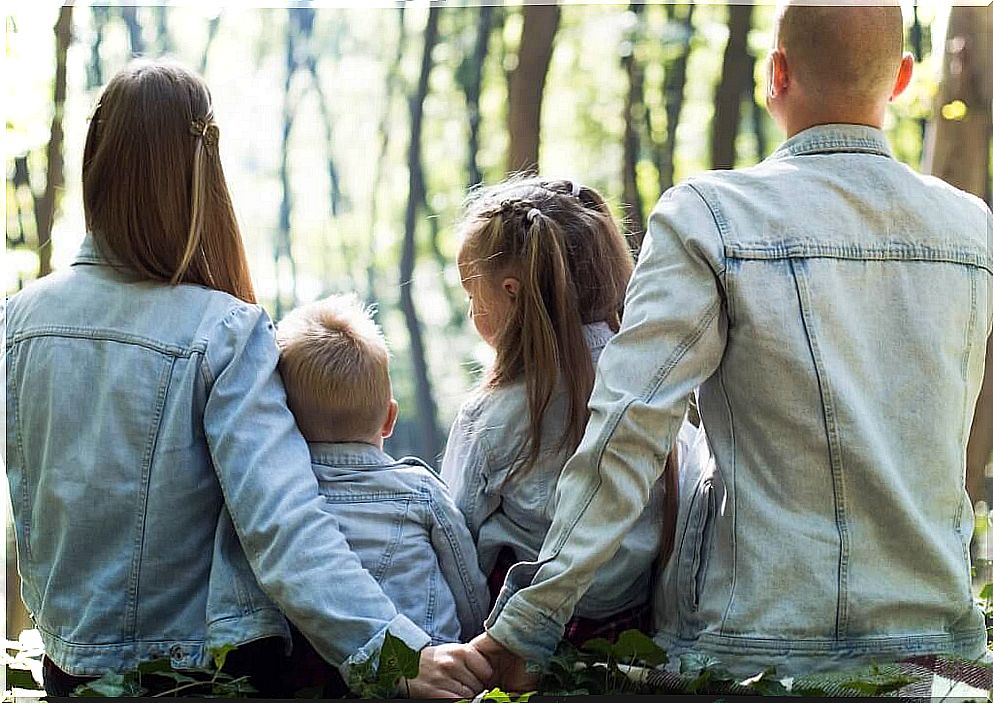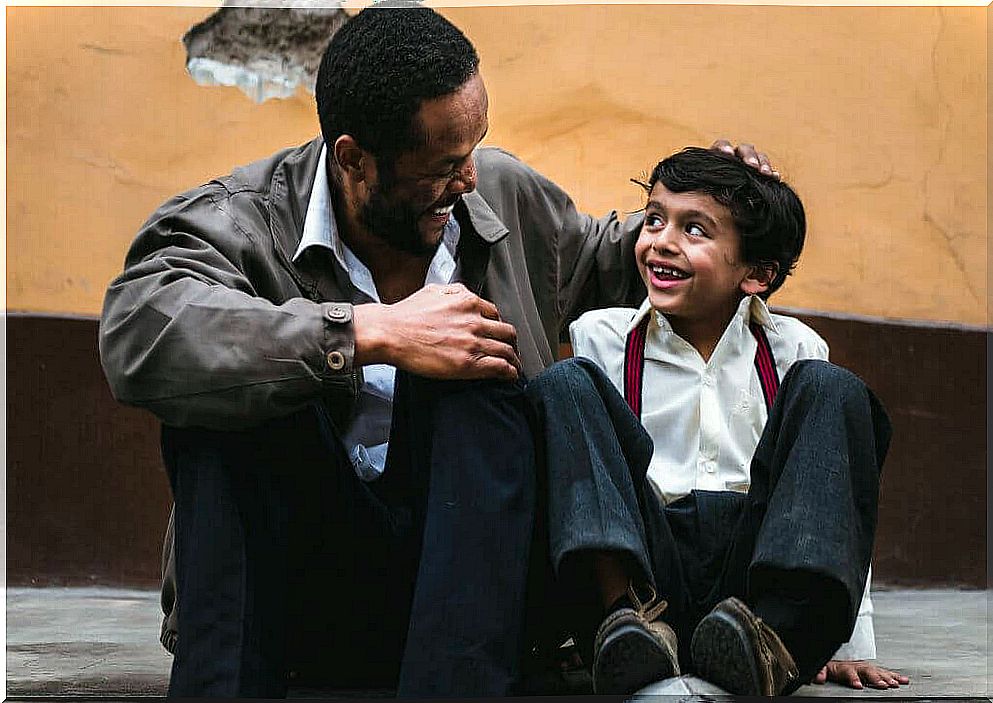Family Context And Children’s Education

Raising a child is never an easy task. Children are developing individuals who have to learn, gradually and with the help of their parents, to manage their emotions and control their behavior. The family context in which they move is decisive in this sense.
Parents sometimes find themselves in this process without knowing how to act, tired or stressed by other factors. So you can get to lose patience, especially in the presence of tantrums or other behaviors considered inappropriate.
All this affects the family context, a fundamental element in the education of minors. Although its importance is recognized, traditionally more attention is paid to other aspects; for example, how parents manage to impose limits or enforce rules. In this article we want to talk about this less studied and considered aspect: the influence of the family context on the little ones.
To better understand how the family context affects the education of the little ones, it is first of all necessary to clarify what is meant by this expression. It is the well-being or malaise that results from the interaction between all members of the family.
The interactions can be of different nature. They range from punishment, reprimand or limitation to help, reinforcement, encouragement. In general terms, therefore, we speak of interactive behaviors. As you can imagine, such behaviors can have an effect on other family members.

In this way, children have influence on their parents and vice versa. The family context can interact on the development of the feeling of self-efficacy of children, on their involvement and motivation, on the scholastic results and on the behaviors they adopt as habits.
When we talk about a negative family background?
Well, this influence can be positive or negative. We speak of a negative family climate when these interactions favor self-centered, violent, destructive or intolerant behaviors towards family members, in order to jeopardize their well-being.
When this occurs, there is usually a low cohesion between family members and a high number of conflicts. As you can imagine, it turns into a source of stress and emotional distress for parents and children. Not only that, it can also produce behavioral problems in children, again an obvious risk factor for everyone’s well-being.
What promotes this type of family context? In some cases it is the parents themselves who favor it. An overly authoritarian attitude, the repeated, exclusive and disproportionate use of punishment towards children, the lack of clear rules can stimulate the development of a negative family environment.
When is a positive family context created?
The family background can also be positive. This happens when parents establish clear rules, use reinforcement more frequently than punishment, try to make children think, listen to them, praise them by approving positive behaviors when they want them to be assimilated as habits.
In this way prosocial behaviors, interest, respect, help, participation, cooperation and flexibility arise. Children acquire greater autonomy, self-esteem, initiative and trust; they develop in a more stable and competent way, on a social, physical, intellectual, behavioral and emotional level.

In conclusion, the family environment is one of the variables that can add or subtract something from the education of children. The development and promotion of adequate family relationships and bonds is an essential element for the child to assimilate interactive models that, in the future, favor social relationships and greater safety of movement in the social environment.
Images courtesy of Kevin Delvecchio, John Mark Kuzniet and Sebastian León Prado.









